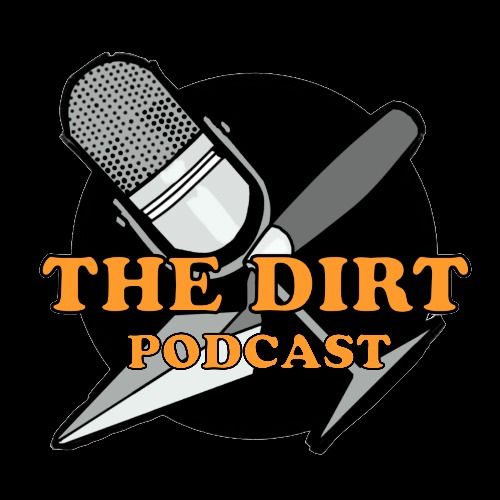Episode 236
Total Eclipse of The Dirt
Turn around, bright eyes! In anticipation of the Great North American eclipse coming up on Monday, April 8, 2024, we're scooting in front of this topic like the moon in front of the sun. We're looking at some of the earliest record-keeping of solar eclipses, some eclipse history (eclipstory!) and some mythology and cosmology around the phenomenon. Plus...a truly delightful fact about the song Total Eclipse of the Heart.
Sources:
https://www.jstor.org/stable/15768
https://catalog.hathitrust.org/Record/001276245
https://skyandtelescope.org/astronomy-news/how-did-the-ancients-predicted-eclipses-the-saros-cycle/
https://ctext.org/shang-shu/punitive-expedition-of-yin
https://www.jstor.org/stable/1006543
https://www.loc.gov/resource/gdcwdl.wdl_11621/?st=gallery
https://www.jstor.org/stable/671227

